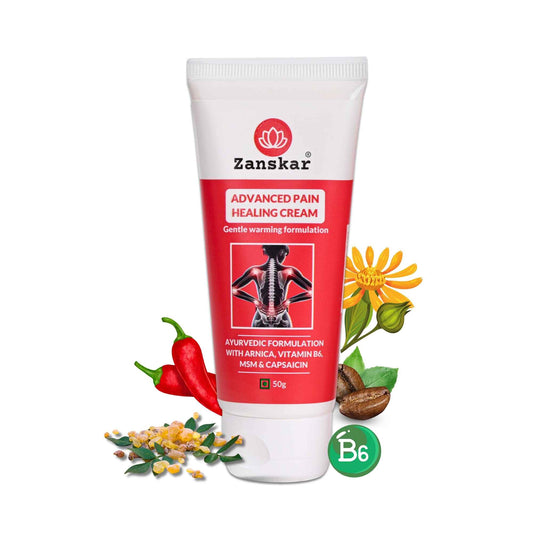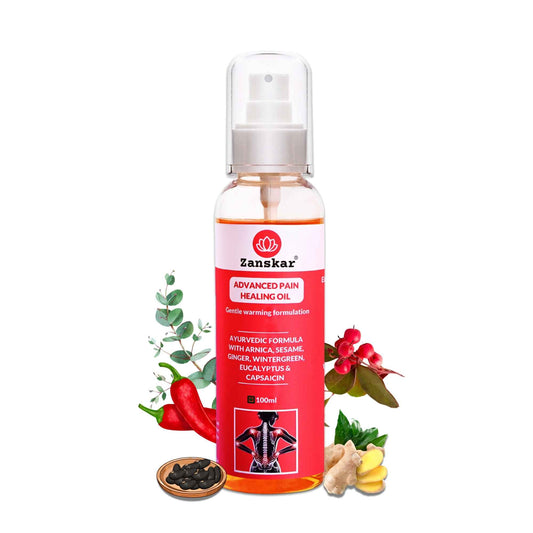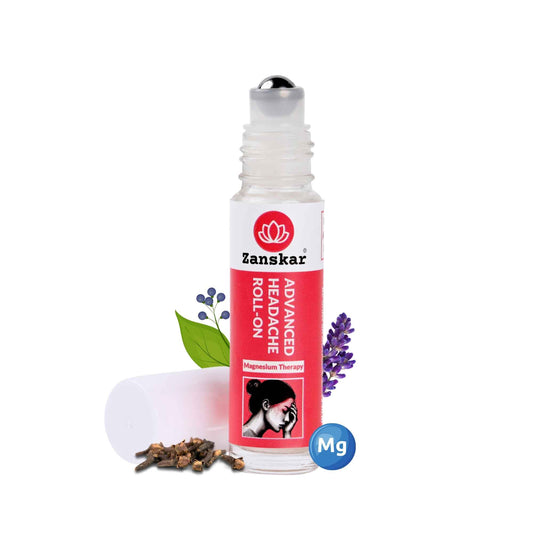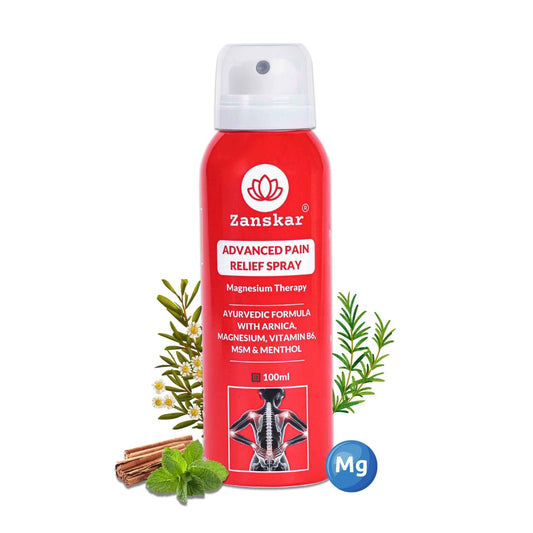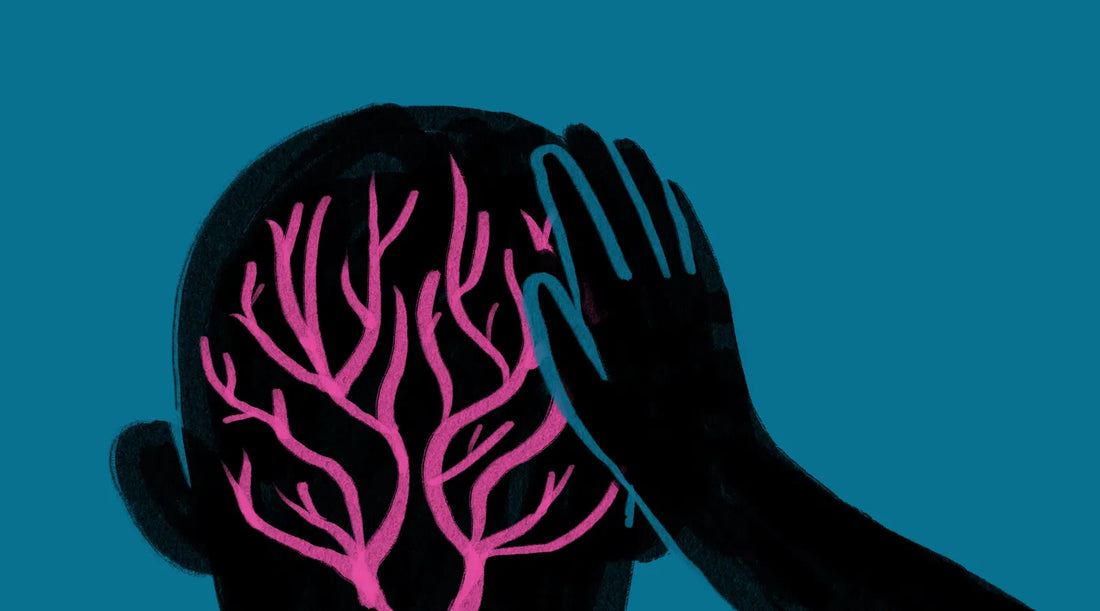
Top 10 triggers for Migraine
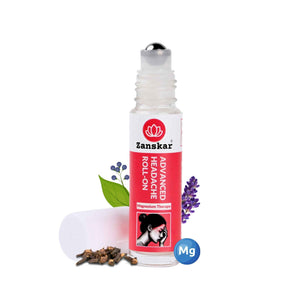
A combination of genetics and environmental factors may contribute to migraine. You may be more likely to experience migraine if you have a family history of the condition. Females are also more likely to experience migraine, likely as a result of the hormone changes associated with menstruation, pregnancy, and menopause.
While dietary triggers and sleep disturbance were the most common triggers as per a study, there are many more. If you’re one of the millions of people who deal with frequent or occasional migraine episodes, it’s important to understand your personal migraine triggers and do your best to avoid them.
Research consistently shows that skipping meals is frequently linked to the onset of migraine. It remains unclear why this happens. However, it’s likely related to falling blood glucose levels
Alcohol is one of the most commonly reported triggers for migraine. This is closely linked to the dehydrating effect of alcohol, which causes reduced blood flow to the brain causing migraines. Red wine appears to be somewhat more likely to trigger migraine than other sources of alcohol, especially among females.
An estimated 40- 60% of people report that certain foods trigger migraine headaches. This frequently includes:
- chocolate
- cheese
- salami
- soy
Excessive caffeine consumption is also found to trigger migraine. Common sources include:
- coffee
- energy drinks
- soft drinks
- tea
Caffeine withdrawal can also trigger a headache. Limiting your intake can help reduce the risk of dependence and withdrawal symptoms.
Too much or too little sleep is often cited as a trigger for acute migraine attacks. Insomnia is the most common sleep disorder associated with chronic migraine.
Researchers have found that a majority of people with migraine report that some of their attacks are linked to stress. 50-80% of people with migraine report saying stress triggers their migraine headaches.
Some people experience migraine in the aftermath of a stressful event, and they can also occur in anticipation of a stressful event or during times of stress.
Hormone fluctuations may play a role in headache onset and severity. In a 2012 study, 54% people reported that they were highly likely to experience severe migraine during menstruation.
People with migraine also frequently report that strong or unusual smells trigger their headaches. Additionally, about 50% of people with migraine report an intolerance for smells during attacks. This phenomenon is known as osmophobia and is especially common among people with migraine headaches.
During migraine episodes, cigarette smoke, food odors, and scents such as perfume were found to be the most frequent offending smells.
Intense physical activity can lead to significant strain on the body, including the muscles and blood vessels. This strain can cause changes in blood flow and pressure, which may trigger a migraine in susceptible individuals.
Many people with exercise-induced migraine reported that their headaches begin with neck pain.
Some people report that bright, flickering, or pulsating lights may serve as a migraine trigger. A study found that even brief sunlight exposure may trigger migraine.
However, it is now thought that bright light is only a secondary trigger and can trigger a migraine in a person who is already sleep-deprived, stressed, dehydrated, or experiencing low blood sugar due to skipping a meal.
The Bottom Line
Identifying migraine triggers is essential because it helps individuals understand what specific factors might cause their migraines. By recognizing these triggers, people can take proactive steps to avoid or manage them, which can lead to fewer and less severe migraine episodes. This knowledge empowers individuals to make informed lifestyle and environmental changes, improving their overall quality of life and reducing the impact of migraines on daily activities.
You can also consider using Zanskar Advanced Headache Roll-on which has been proven to help sooth the nerves with its proprietary magnesium formulation.
Learn More About Zanskar Health
If you have joint or muscle pain that makes it hard to move, Zanskar offers the most advanced full stack pain relief solutions for you.
Now available to purchase, Zanskar® Advanced Pain Care Products have a unique formulation of natural bioactive ingredients and provide lasting relief from muscle and joint discomfort that you can feel good about. Get your fix before stocks run out - buy now.
You can also gain access to therapeutic exercises and stretches for your condition by downloading the Zanskar Health physiotherapy mobile app. Additionally, you’ll have a personal care team to guide, support, and tailor our program to you, including behavioral and nutritional coaching.
Download our mobile app here 👉 download and track your exercise streak.
Medical Review: This article is written by Dr Nishtha Mittal (Senior Health Content Editor at Zanskar Health) and has been medically reviewed by the medical team at Zanskar Health. This article and its contents are provided for educational and informational purposes only and do not constitute medical advice or professional services specific to you or your medical condition.




